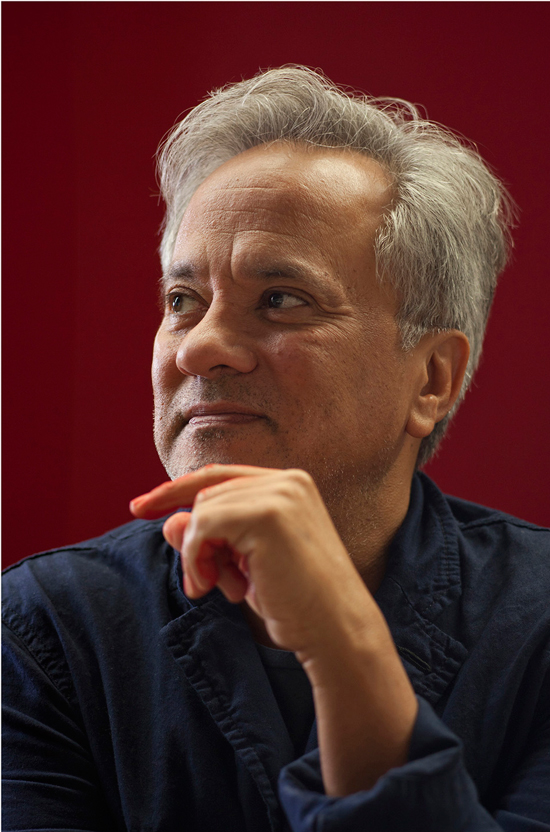News
Anish Kapoor Announced Genesis Prize Laureate 2017


On February 5, the New-York based Genesis Prize Foundation announced sculptor Anish Kapoor as its 2017 Genesis Prize Laureate. The annual award recognizes internationally renowned professionals who inspire and engage with the Jewish community and comes with a cash prize of USD 1 million. Previous winners—New York City mayor Michael Bloomberg (2014), actor Michael Douglas (2015) and violinist Itzhak Perlman (2016)—have donated the award money to philanthropic causes, a tradition Kapoor will continue. The artist has announced that he will use the USD 1 million to help aid Syrian refugees.
Kapoor was born in Mumbai to an Indian father and Baghdadi-Jewish mother, and has been based in London for nearly five decades. The 1991 Turner Prize winner is known for his colossal public sculptures such as Cloud Gate (2004)—the reflective bean-shaped installation that remains at Chicago’s Millennium Park—as well as his concave, stainless-steel dish Sky Mirror (2006) that was placed outside New York’s iconic Rockefeller Center in 2006 and later traveled to London’s Kensington Gardens in 2010. In 2015, Kapoor created the Holocaust Memorial for London’s Liberal Jewish Synagogue to commemorate the 70th anniversary of the liberation of Auschwitz and this year, proposed a Holocaust Memorial also in London, a collaborative project with Zaha Hadid Architects.
Kapoor’s often uses his platform as an artist to address social concerns. In 2015, he and Ai Weiwei joined efforts, together with 150 people, and walked eight miles down London’s Piccadilly Road to show their support of refugees around the world. Earlier this year, Kapoor called upon fellow artists to adapt the poster that German conceptual artist Joseph Beuys made for his seminal performance I Like America and America Likes Me (1974), in which the artist lived with a coyote for three days in a New York gallery, establishing a relationship that symbolized one between white European colonizers and Native American communities. The peace and reconciliation Beuys made with the coyote at the end of the three days represented the start of a healing process for the country. Replacing Beuys’ portrait with his own, Kapoor titled his version I Like America and America Doesn’t Like Me (2017), a direct critique of United States president Donald J. Trump’s controversial immigration policies that have temporarily banned people from seven Muslim-majority countries: Iran, Iraq, Libya. Somalia, Sudan, Yemen and Syria.
As of December 2016, Amnesty International has estimated more than 4.8 million Syrian refugees have relocated across five countries, with other nations offering little or no support to alleviate the crisis; many more are internally displaced due to the ongoing conflict within the country.
In response to Kapoor’s decision to direct his award funds to refugee aid, Genesis Prize Foundation chairman and co-founder Stan Polovets stated: “We particularly admire how, in an age frequently characterized by cynicism and indifference, Anish continually advocates for the world’s disadvantaged—challenging all of us to do more to help wherever and whenever we can. Anish’s commitment to alleviate the plight of Syrian refugees will resonate with the Jewish community, especially young Jews, everywhere.” Further details of Kapoor’s donation are set to be released in June.
Katherine Volk is assistant editor at ArtAsiaPacific.
To read more of ArtAsiaPacific’s articles, visit our Digital Library.







